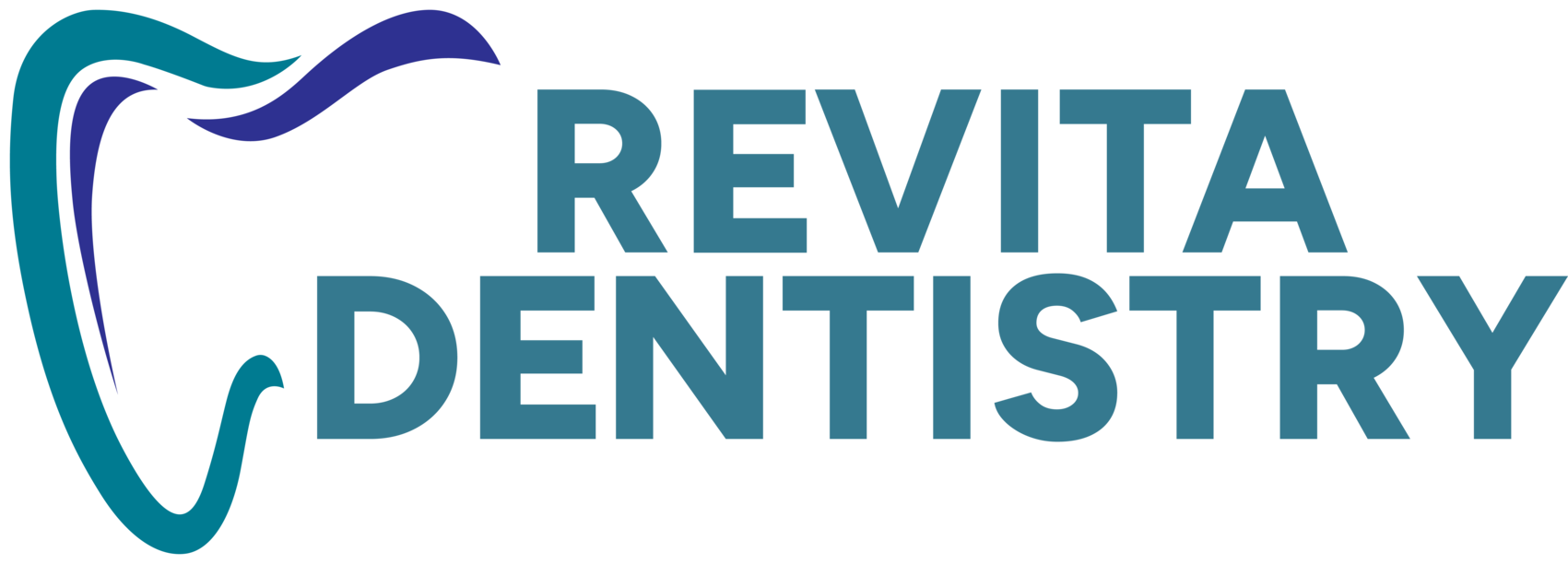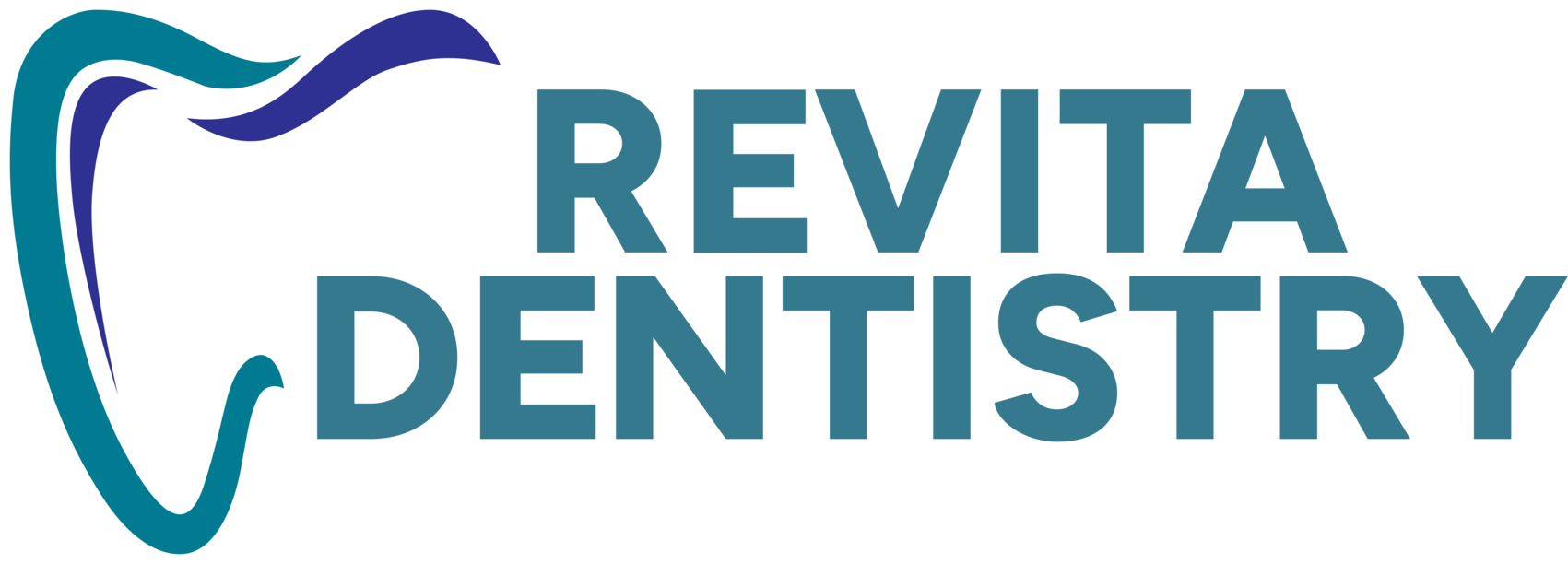Oral Cancer Screenings
Early Detection for Lifelong Health
Why Oral Cancer Screenings Matter
Oral cancer can affect the lips, tongue, cheeks, gums, roof or floor of the mouth, and throat. While it can occur at any age, certain factors, such as tobacco use, alcohol consumption, sun exposure, and HPV infection, can increase the risk. Because early stages often show few or no symptoms, routine screenings during your dental visits are vital.
At Revita Dentistry, we make oral cancer screenings a regular part of your preventive care. These quick, non-invasive exams allow our team to identify any abnormalities early, when treatment is most effective. Regular screenings give you peace of mind and play a key role in protecting both your oral and overall health. Screenings Help To:
- Detect abnormal tissues, spots, or lesions early
- Improve treatment outcomes with prompt care
- Prevent advanced stages of disease
- Provide reassurance about your oral health
What to Expect During Your Screening
With early detection, oral cancer has a much higher rate of successful treatment, and your dental team plays a crucial role in spotting the first signs. At Revita Dentistry, every exam includes a detailed visual and physical evaluation to ensure your oral tissues are healthy and normal. Your Screening Includes:
- Visual Examination: A careful inspection of your mouth, lips, tongue, and throat for changes in color, texture, or tissue health.
- Palpation: Gentle examination of your mouth, jaw, and neck to check for lumps, swelling, or irregularities.
- Enhanced Screening Tools: Advanced diagnostic technology may be used to identify areas of concern that aren’t visible to the naked eye.
- Next Steps: If anything unusual is found, we’ll discuss next steps and, if needed, refer you to a trusted specialist for further evaluation.
Frequently Asked Questions
What areas are checked during an oral cancer screening?
Your dentist examines your lips, tongue, cheeks, gums, throat, and the floor and roof of your mouth for any abnormalities.
Does an oral cancer screening hurt?
No, it’s completely painless and takes just a few minutes as part of your regular dental checkup.
How often should I get screened for oral cancer?
We recommend an oral cancer screening at least once a year, or more often if you have risk factors like smoking, alcohol use, or HPV.
Who is most at risk for oral cancer?
People who smoke, use tobacco, consume alcohol frequently, or have significant sun exposure are at higher risk, but it can affect anyone.
Is oral cancer screening covered by insurance or CDCP?
Many plans include screenings as part of preventive care, our team can check your coverage and confirm before your appointment.


